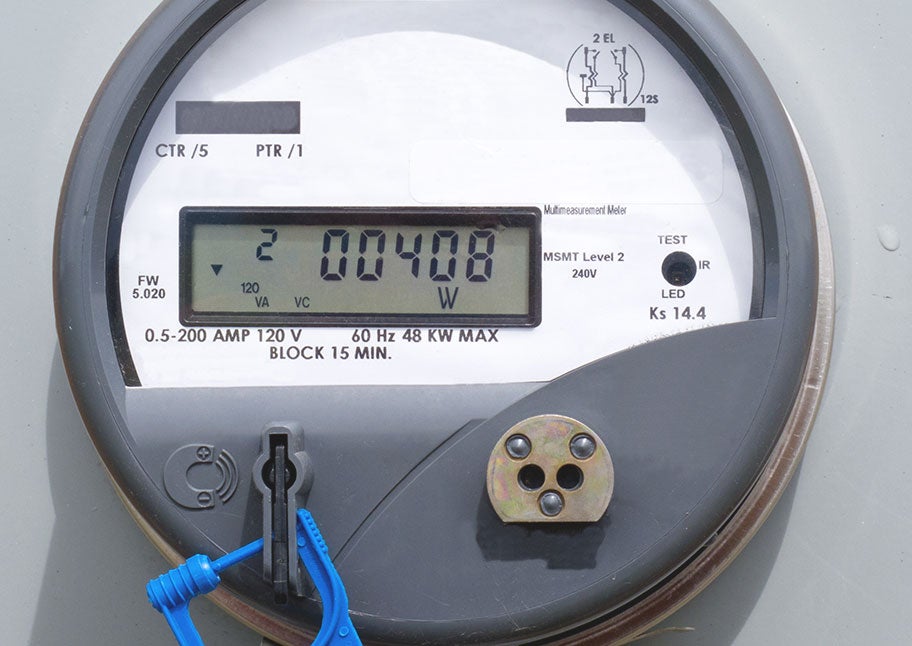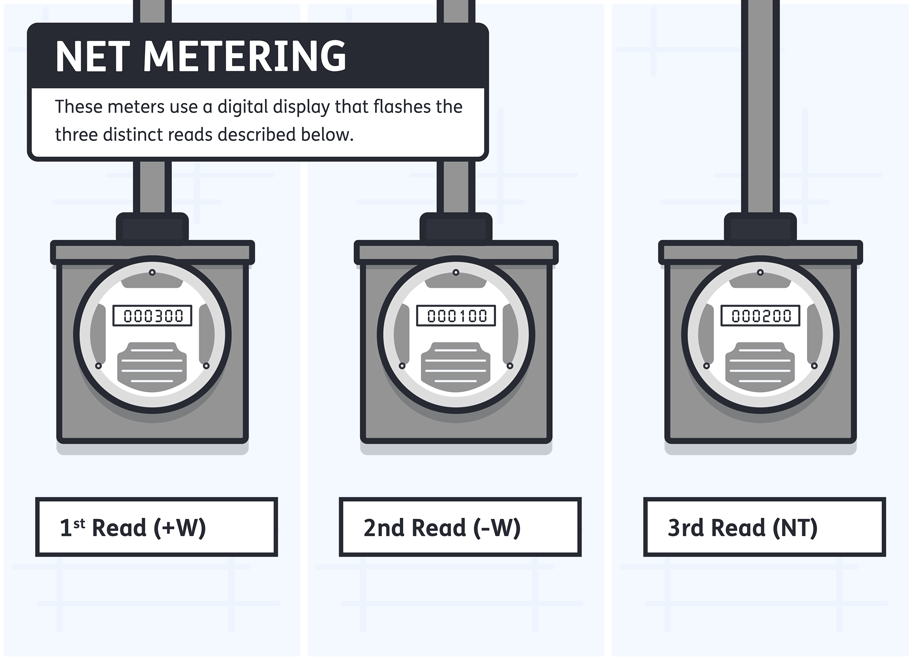Statutory caps:
The Commonwealth of Massachusetts requires each electric utility to provide net metering to customers with qualifying generation systems. There is, however, a limitation on the amount of generation that is eligible to be net-metered on each electric utility’s system. This is known as the statutory “cap” on net metering capacity. Each electric utility, including Unitil, is required to limit the combined generation capacity of all non-exempt net metering facilities to 7% of the utility’s historic peak load for non-municipal (“Private”) customers and 8% of the historic peak for municipal (“Public”) customers. See current cap numbers here.
Unitil is required by law to limit the net metering capacity in accordance with these caps (see, G.L. c. 164 s. 139). Renewable energy generating facilities with a nameplate rating of less than or equal to 25 kW are exempt from the net metering cap.
The final determination of eligibility for net metering is made after it is installed and at the time the generation system has had its final inspection and commissioning test and is issued the Approval to Interconnect by Unitil. As a result, net metering may not be available to some applicants who request it, even if they have the approval to install the generation facility.
In the event that the net metering cap has been fully subscribed, the interconnection of customer generation to Unitil’s electric distribution system is still allowed, but not under the Net Metering Tariff, and Net Metering Credits would not be available for any of the excess electricity generated by the customer’s facility. Please see the chart at the bottom of this page for more information regarding the status of capacity remaining in regards to the private and municipal caps. Should you have any questions please feel free to call our office at 1-603-773-6480. We look forward to working with you.
Important net metering credit information:
Under the net metering rules, customers that are net exporters of power for the month will receive a credit on their monthly bill based on the following formula:
| Class 1 and 2 customers and municipal/governmental Class 3 customers whose generation is wind, solar, anaerobic digestion or agricultural will receive credit equal to the excess kilowatt-hours (kWh) by time-of-use rates, if applicable, and the product of the sum of the following charges applicable to the rate class under which the customer takes service: | Other Class 3 customers will receive credit equal to the excess kilowatt-hours (kWh) by time-of-use rates, if applicable, and the product of the sum of the following charges applicable to the rate class under which the customer takes service: |
|---|
Basic service kWh charge
Distribution kWh charge
Transmission kWh charge
Transition kWh charge | Basic service kWh charge
Transmission kWh charge
Transition kWh charge |
New Solar Net Metering Facilities and other Solar Net Metering Facilities that are not Cap Exempt Facilities after 25 years from the date that each Solar Net Metering Facility was first authorized to interconnect shall receive Market Net Metering Credits. Class 1 customers whose generation is not solar, wind, anaerobic digestion or agricultural will continue to receive the average loss-adjusted monthly clearing price set by ISO New England.
Net metering credits may be transferred to other electric customers in Unitil's Massachusetts service territory, on a going-forward basis only, in the months in which they are earned by completing the Standards for Interconnection of Distributed Generation - Form Schedule Z (under the Steps to Interconnection section of this website) and the accompanying excel worksheet, and then submitting as part of the normal interconnection process. Beginning April 1, 2025, eligible net metering host customers earning Market Net Metering Credits can allocate credits through a Schedule Z to transfer net metering credits to electric accounts within the Commonwealth.
Net metering credits cannot be transferred to other customer accounts after they have been earned, except in cases where the host customer has terminated service with Unitil. Upon final termination of a host account, the customer has 12 months to request transfer of the excess net metering credit balance to another electric account in Unitil Service territory.
Current Numbers:
| Historical Peak Load | 102.39 MW (July 27, 2005) |
| Private Cap Exempt Customers as of October 2023 | 18.88 MW |
| Non-Municipal Customers |
|---|
| Net Metering Cap (Private) | 7.17 MW (7% of historical peak load) | | |
| Net Metering Online as of 2023 | 7.00 MW | | |
| Reserved Cap Allocations | 0.17 MW | | |
| Capacity Available Under Cap | 0.00 MW | | |
| Completed Applications Pending | See public/private cap information | | |
| Municipal Customers & Other Government Entities |
|---|
| Net Metering Cap (Public) | 8.19 MW (8% of historical peak load) | | |
| Net Metering Online as of 2023 | 8.14 MW | | |
| Reserved Cap Allocations | 0.00 MW | | |
| Capacity Available Under Cap | 0.05 MW | | |
| Completed Applications Pending | See public/private cap information | | |



